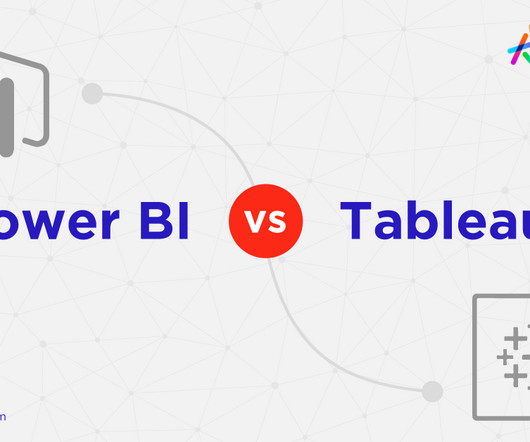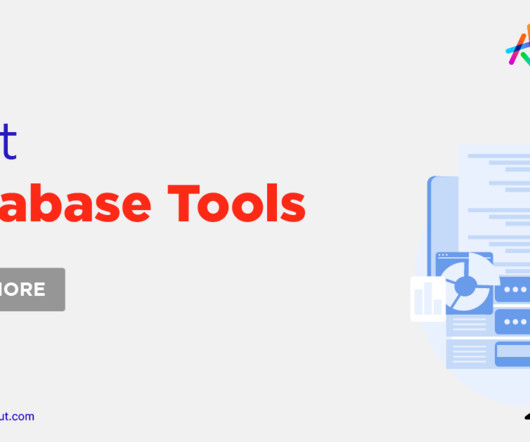Power BI vs Tableau: Which Data Visualization Tool is Right for You?
Knowledge Hut
JANUARY 24, 2024
Power BI takes advantage of Microsoft's business analytics. The business intelligence market has multiplied in recent years and is anticipated to do so going forward. You should be data-driven if you want to pursue your career in Business Intelligence, Analytics, or Data Science.












Let's personalize your content